Johan Cardoen’s hopes for the future of agriculture
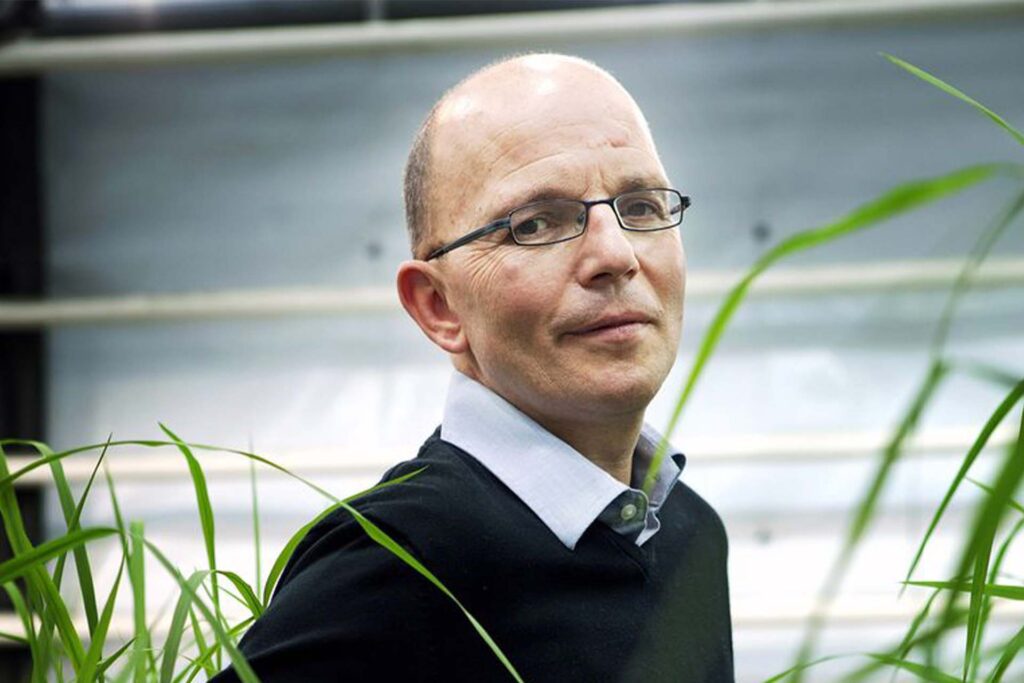
Flanders is home to one of the world’s most innovative agrifood clusters, and Johan Cardoen has been a central figure in that ecosystem for over three decades. From leading positions in agtech startups to the Managing Director of VIB, Cardoen has run the gamut of Flemish biotech. Interested in his decades of firsthand experience in the sector, we spoke with Cardoen about his views on the past, present, and future of sustainable agriculture.
Fermenting a more sustainable future
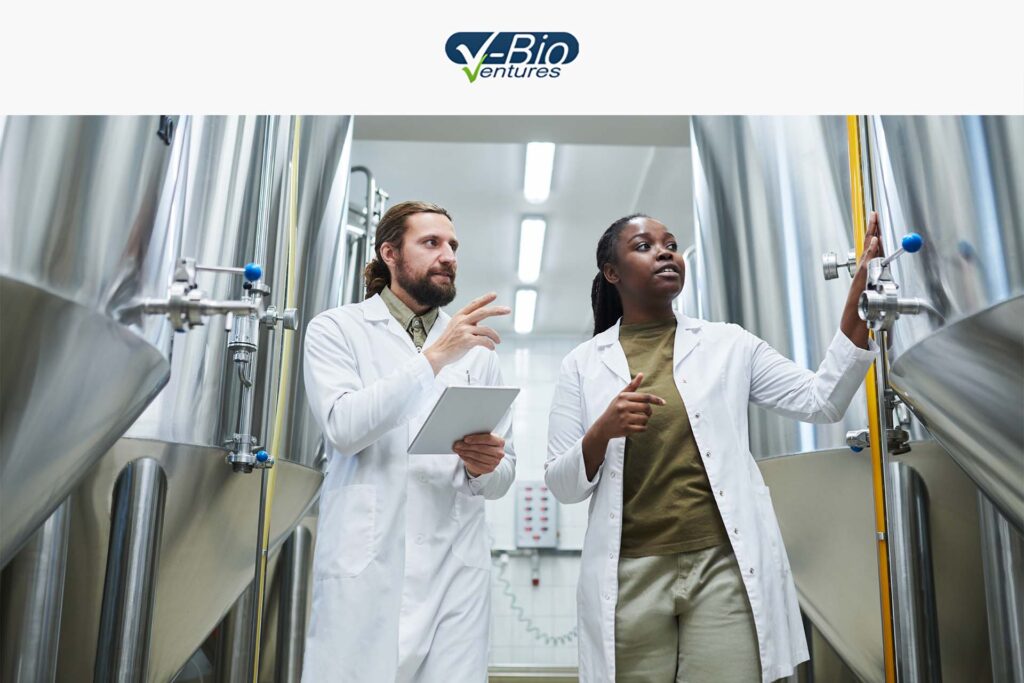
In the battle against the climate crisis, precision fermentation presents a hopeful aid. Using microbes to create valuable materials, we can help to transform the global economy and shift away from harmful agricultural and industrial practices. However, despite the support of industry and Venture Capital cash, this field still faces many challenges. Though promising, we need further investment in this innovative technology before it can fully deliver on its potential for sustainable solutions.
Nicky Deasy: how agrifood startups can help us tackle climate change

Nicky Deasy is Co-Founder and former Managing Partner at The Yield Lab Europe, one of the largest early-stage venture capital funds in the EU focused on the intersection of sustainability and agtech. Since stepping back from the day-to-day running of the fund, she is an Investment Committee Member at biotope by VIB, as well as advising a number of startups and investment funds focused on improving the environmental and carbon footprint of the agrifood industry. She shares her thoughts on how innovative ag- and food-tech startups can help us tackle climate change.
Stew before you chew – why the way you cook pulses makes a difference to your nutrition
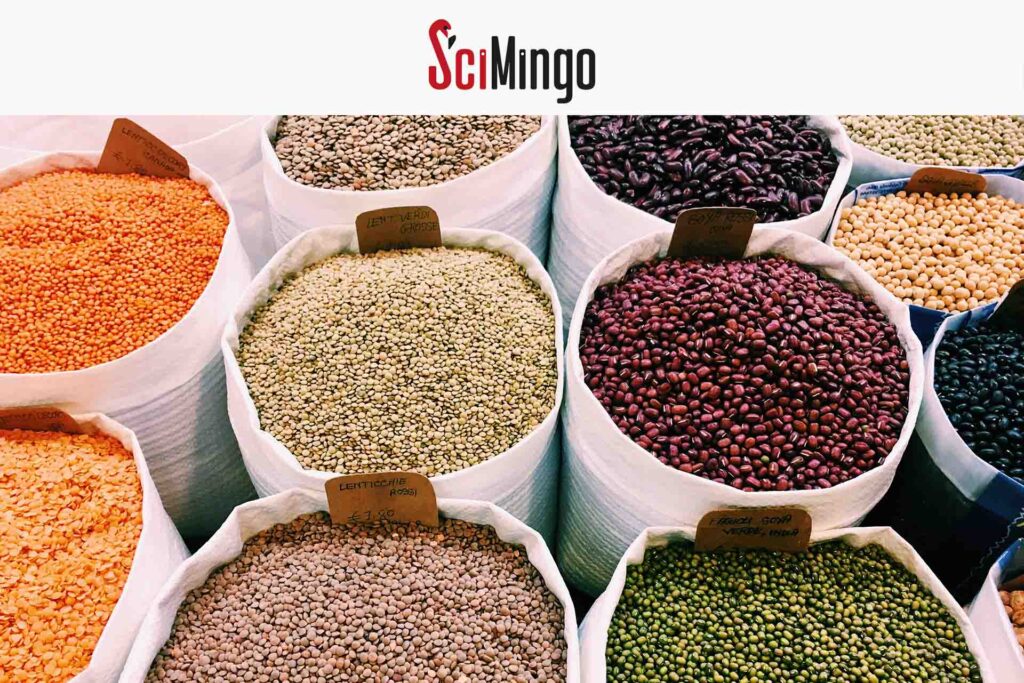
Do you look at the composition or caloric content of foods to make healthy choices? In healthy foods, not only the nutritional composition is important, but also how those nutrients are digested. Our research on pulses – such as beans, chickpeas, and lentils – showed that the way in which pulses are prepared determines how nutrients will be released in our bodies during digestion. To understand this, we need to look at pulses under the microscope.
We need more food and agtech start-ups – and we need them now!
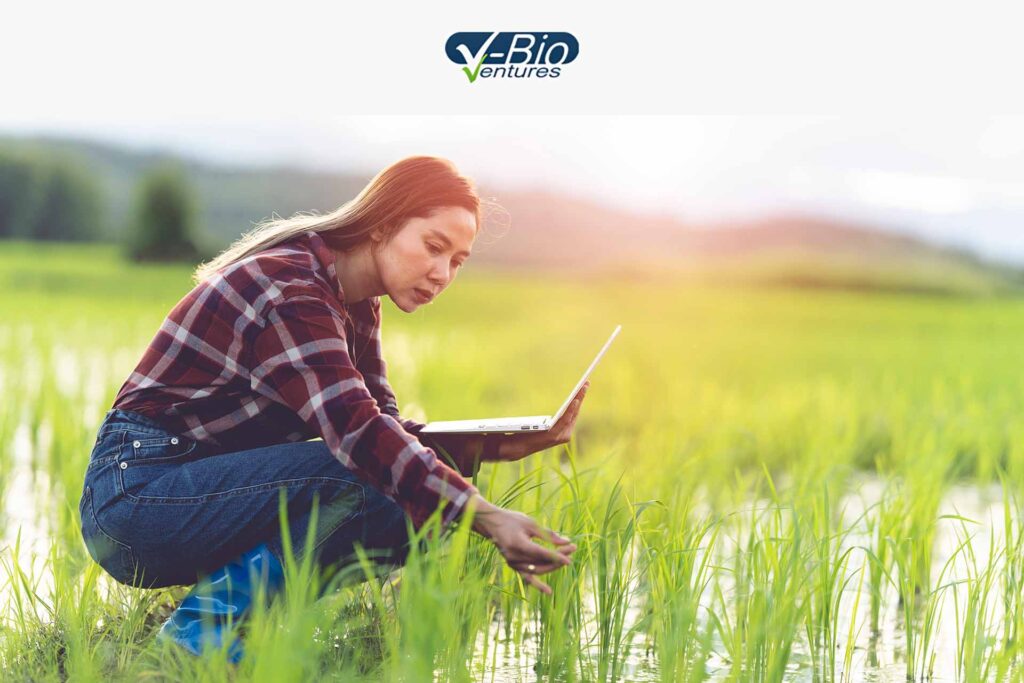
How are we going to feed an expected 10 billion people by 2050 in a sustainable way? It is a daunting task. Our climate is changing, and a combination of environmental and economic factors are already resulting in widespread food shortages. There is no simple solution to this problem, but innovation in the food and agtech sector will help alleviate the burden. To make this possible, stakeholders – including researchers, entrepreneurs, investors, and governments – need to make agrifood innovation a priority immediately.
VC opportunities for impact in the face of climate disaster

Venture capitalists have a vital role to play in guiding our planet’s future. By investing in technological advances that remediate environmental ruination, enable adaptation to new conditions, and heal challenging diseases, VC funds can help improve the world while also benefiting their bottom line. But there is an even bolder approach available to VCs who really want to do good: influencing governments by earmarking funds for advocacy groups.
biotope by VIB: helping biotech startups take root in the ecosystem
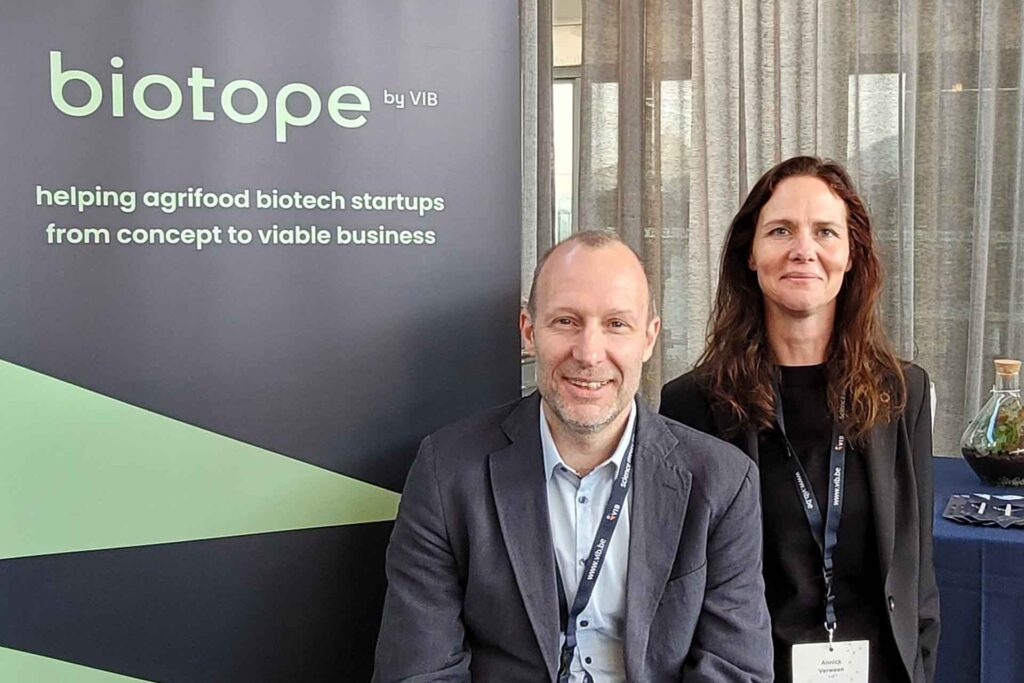
VIB’s new incubator program biotope fosters early biotech startups looking to impact people’s lives through agrifood innovation. Based in the heart of a flourishing ecosystem, biotope supports young companies looking to de-risk their technology, build a viable business case, and connect with expert scientists, industry leaders, and investors. The aim is to create mutual benefit for both the ecosystem and the entrepreneurs – providing the region with an influx of talent and innovation, and the startup teams with the support and brains they need to grow and succeed.
Modern alchemy: turning microalgae into ‘green gold’

Much has been said about the huge economic potential of algae, but this ‘green gold’ has yet to meet expectations. The European project IDEA – led by Belgian research center VITO – is examining the economic benefits of microalgae and developing strategies to overcome remaining challenges. Interim results show that algae can very well be grown in the climate of Northwestern Europe and can be used to efficiently produce products such as healthy biscuits, animal feed and cosmetic applications.
CRISPR takes the ‘bitter’ out of Belgian endives and chicory
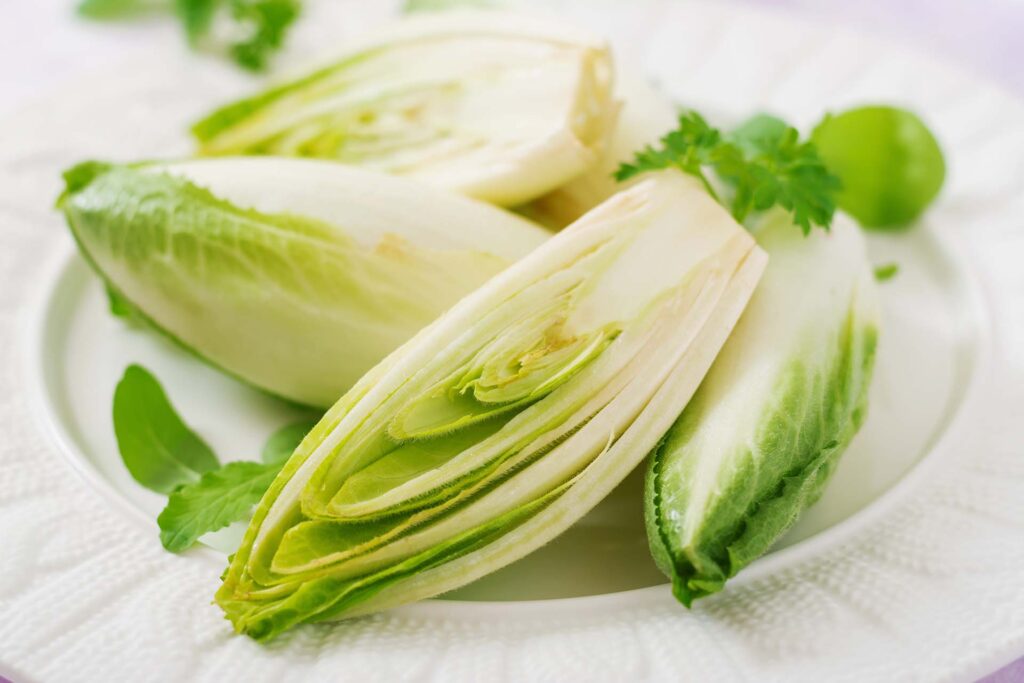
Researchers have identified the bitter substances in Belgian endives and chicory. Using the gene-editing technique CRISPR/Cas9, they have also succeeded in eliminating them. The result is a less bitter vegetable that may be more appetizing to children and adults alike. The catch? Outdated EU gene editing laws present a major roadblock for any company looking to actually produce the vegetables in Europe.
New GMOs on the horizon: say ‘cheese’!

To meet the challenges of climate change and global food demand, more VCs are investing in AgTech companies. A lot of these companies are using genetic modification to create better plant-based alternatives for animal products. One US company, Nobell Foods, is even developing casein-producing soybean plants that can be used to make plant-based cheese that tastes and melts like the real deal.
Fungi roots: the building blocks of a circular economy?
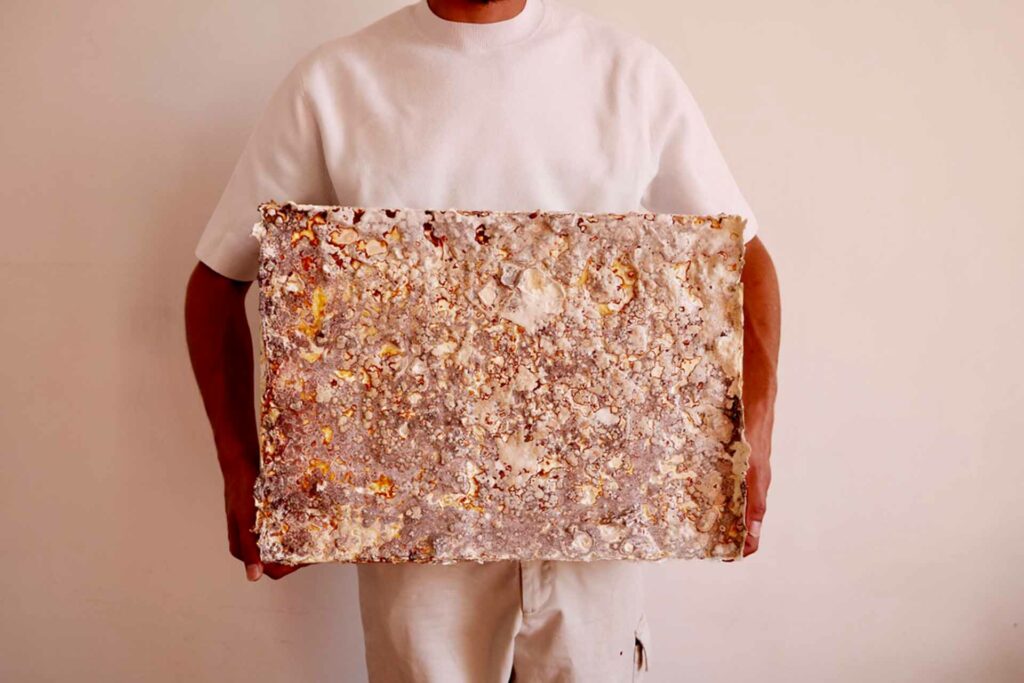
In the global search for more sustainable materials, one substance has recently begun attracting a lot of attention: mycelium, the white roots of fungi. VUB researcher Elise Elsacker has been studying the unique properties of mycelium and its potential for lowering environmental impact in the building and manufacturing industries, helping us move towards a circular economy.
V-Bio Ventures invests in new start-up Protealis to uplift sustainable plant protein production

Ghent, Belgium, 8 April 2021 – Today V-Bio Ventures announces its investment in Ghent-based company Protealis, a new spin-off from VIB and ILVO. Inspired by the mission to grow more sustainable plant-based proteins locally, Protealis aims to harvest the full potential of legume crops. With innovative breeding technologies and proprietary seed coatings, Protealis will create new opportunities for European farmers to help overcome Europe’s protein deficit. The initial focus is to develop high-yielding, high-protein soybean varieties. V-Bio Ventures led the EUR 6 million seed financing round joined by Agri Investment Fund (AIF), Participatiemaatschappij Vlaanderen (PMV), Estari Group, Globachem Group, Gemma Frisius Fund and VIB. The capital will support the company’s plans to further develop its proprietary technology, expand its crop portfolio and bring the first soy varieties adapted to local needs to the market by 2022.
Soy in 1000 gardens: citizen science project to map soil microbes in Flanders
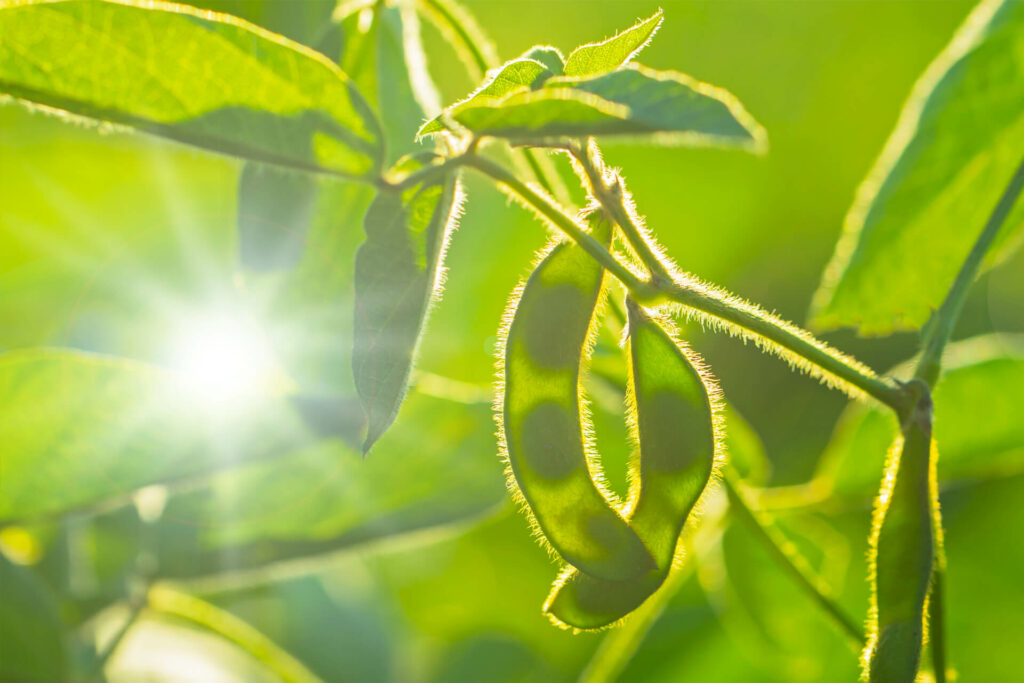
Good science takes many hands. In the case of a new citizen science project by VIB, UGent, ILVO, KU Leuven, the hands they were after were green-thumbed individuals in Flanders. The institutes have recruited gardeners to plant soybeans, in the hope of identifying microbial species in soils across Flanders that promote the growth of the vital crop. The ultimate aim is to increase sustainable soy production in the region.
Wallonia to invest in plant-based proteins as meat substitutes
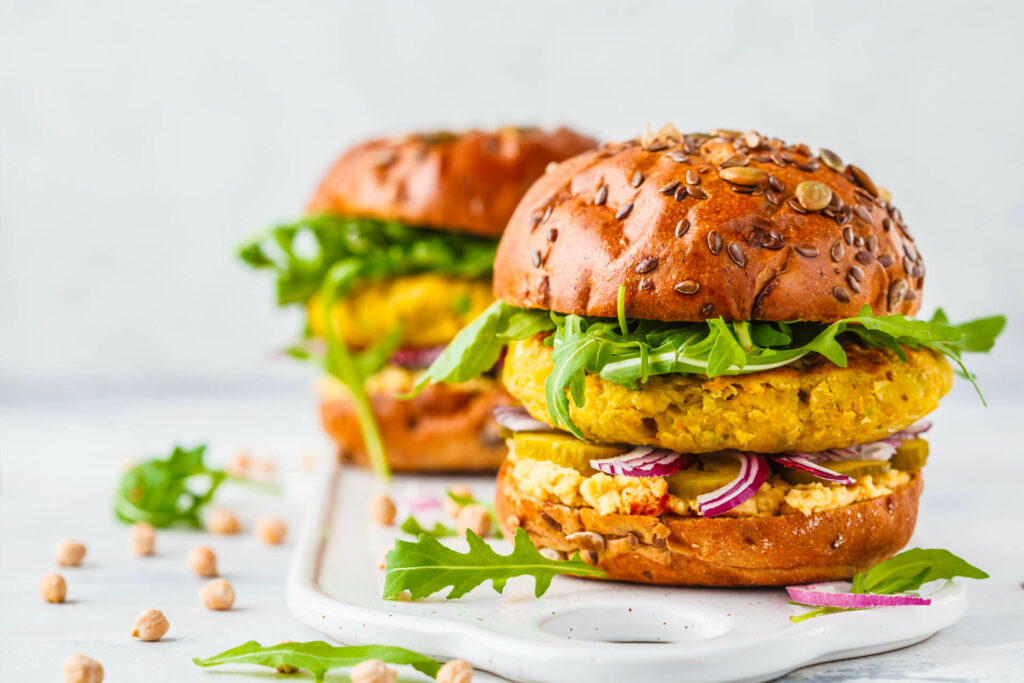
The Walloon region is taking major steps towards becoming an important player in the business of plant-based proteins. In the next few months, two of the region’s public investment funds, Sogepa and SRIW, plan to establish a start-up company in this booming field. In the long term, the goal is to create an entire ecosystem around the use of plant proteins as meat replacements, benefiting the economy, health and sustainability of the whole area.
Record-breaking pollen levels linked to increased risk of COVID-19
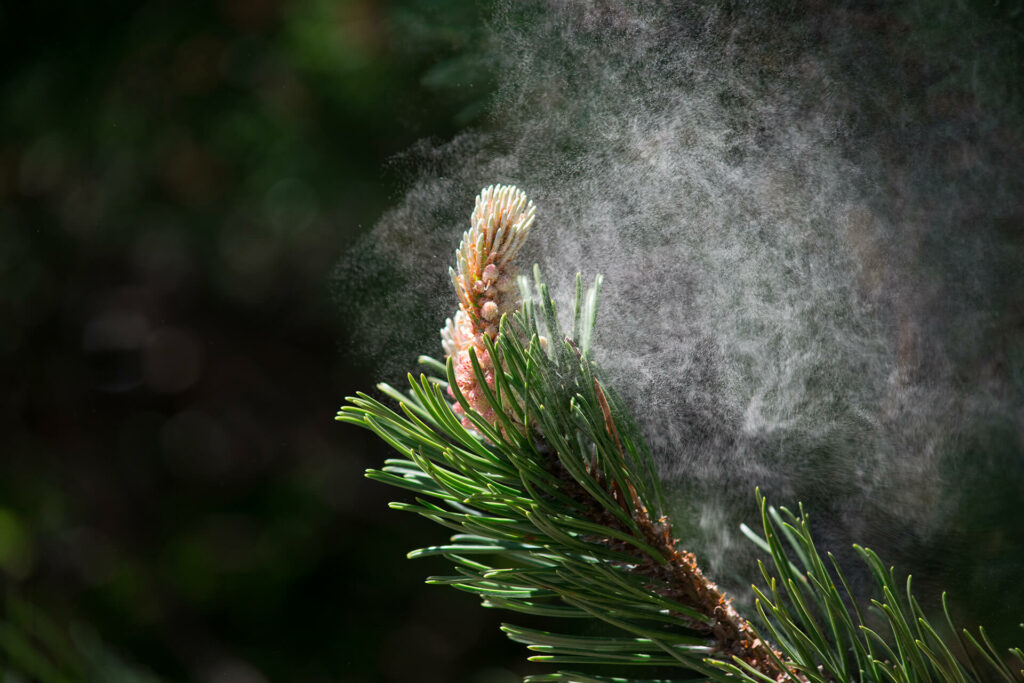
Increased pollen concentrations are correlated with higher rates of COVID-19. Hot on the heels of record-breaking European pollen counts, this comes as bad news for a continent struggling with the ongoing health crisis. The large-scale study, conducted by an international team headed by researchers in Germany, suggested people protect themselves by keeping an eye on pollen forecasts and wearing particle filtering masks this spring.
